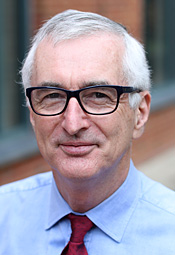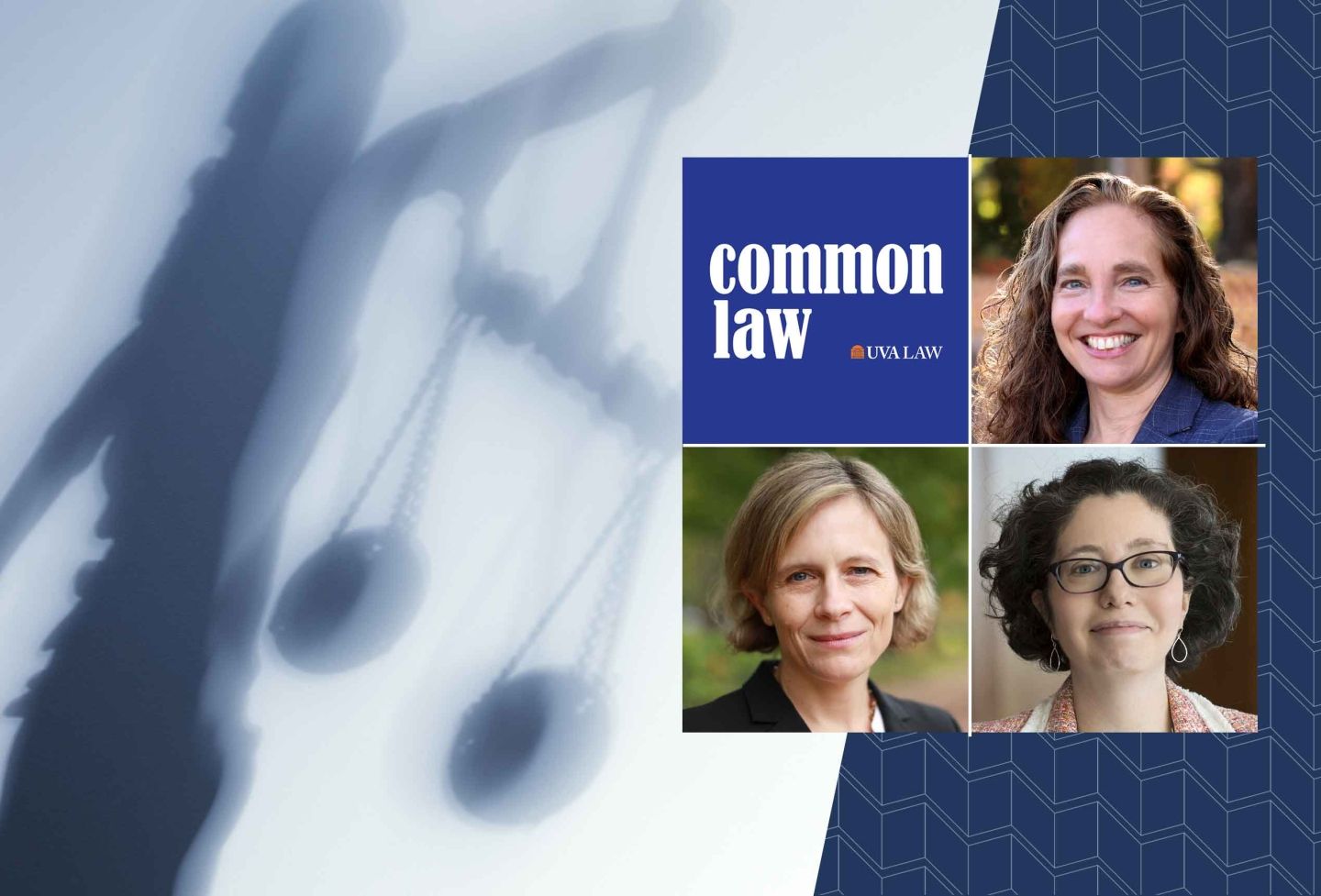George Rutherglen is the John Barbee Minor Distinguished Professor of Law at the University of Virginia School of Law. He clerked for U.S. Supreme Court Justice John Paul Stevens for the 1975 term.
John Paul Stevens was a lawyer and a judge for all seasons. Those who did not know him, or closely follow his judicial record, are likely to underestimate his independence of mind. Here are a few examples, from the beginning, middle and end of his career on the Supreme Court.

When I served as his law clerk, just after he had been appointed to the Supreme Court, he came back from his very first conference with the other justices. He talked about the very first case they discussed: Eight justices voted to summarily affirm the judgment of a lower court; Justice Stevens dissented. He would go on to write more dissents over his career than any other justice in the history of the Supreme Court.
Observers of the court today tend to characterize him as the leader of the liberal wing of justices. To take this to be true without exception, however, ignores other deep-seated commitments that he held. He dissented, for instance, in Texas v. Johnson, which struck down a state law that made it a crime to burn the American flag. The veteran of World War II spoke in his dissent, reasoning that if liberty and equality “are worth fighting for — and our history demonstrates that they are — it cannot be true that the flag that uniquely symbolizes their power is not itself worthy of protection from unnecessary desecration.”
After Justice Stevens retired from the court, he published a book, “Six Amendments,” arguing for constitutional amendments to overturn decisions on such controversial issues as gun control and campaign finance. Not long after the book was published, one of his former law clerks asked him what the chances were that any of these amendments would be adopted. His response was, “About the same as the Chicago Cubs winning the World Series in my lifetime.” He said that in 2014. The Cubs won the World Series in 2016. It appears that we will have to wait somewhat longer for our political system to rise to the challenges put forward in his book.
Founded in 1819, the University of Virginia School of Law is the second-oldest continuously operating law school in the nation. Consistently ranked among the top law schools, Virginia is a world-renowned training ground for distinguished lawyers and public servants, instilling in them a commitment to leadership, integrity and community service.


